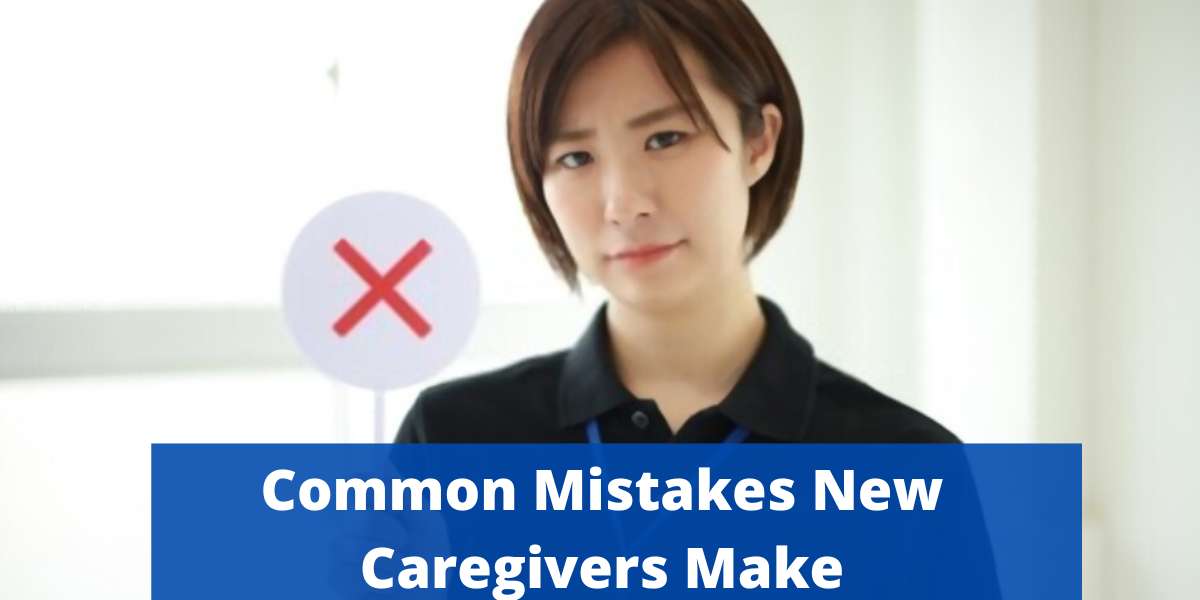If you are a new caregiver who has just started working in a care home, it’s likely that you will have your fair share of responsibilities. Though as a new caregiver you will receive adequate training, it is important to learn about common mistakes so that you can avoid them. Here are some common mistakes new caregivers make that you can avoid committing:
1. Not being prepared for the challenges of caregiving:
If you are not prepared for the challenges of caregiving, you might find yourself feeling overwhelmed and stressed. Here are a few tips to help you get started:
- Educate yourself about the challenges of caregiving: There are many resources available including books, websites, and support groups that can help you know in detail about caregiving.
- Talk to experienced caregivers: Sharing your concerns with other caregivers can help you understand the challenges better. Also, they can help you with the right solutions.
- Make a plan: Caregiving can be unpredictable, so it’s important to have a plan in place. This plan should include things such as how care will be provided and what to do in case of an emergency.
2. Making Medication errors
Even experienced caregivers aren’t immune to making medication errors. Giving the wrong dose or an incorrect medication with a similar name, or mixing up residents’ names are some common mistakes that can cause adverse side effects. You must always
- Double-check the resident’s name before administering the medication.
- Make sure the patient’s list of medications is consistently updated
- First, understand how the drug needs to be administered.
- Check the drug name on the container’s label every time you administer a drug.
- Make sure the resident’s list of medications is updated
3. Not reporting adverse drug reactions:
As a new caregiver, you may feel scared to report adverse drug reactions.
However, it is important to remember that side effects are a vital piece of information that helps doctors and nurses determine the best course of treatment. By failing to report them, you are putting residents’ well-being at risk. If you are a new caregiver, make sure to speak up if you notice the resident experiencing any adverse drug reactions
4. Not following medication instructions exactly:
It is essential that you as a new caregiver understand the importance of adhering to the prescribed dosage and schedule for medications. When instructions are not followed correctly, it can lead to serious health issues for residents. For example, if a resident does not receive medication on time, his or her condition may worsen or may experience symptoms that could have been avoided. In some cases, a delay in taking medication can even be life-threatening. That is why it is so important for you to always double-check the instructions and make sure they are following them correctly.
5. Not staying organized:
Without a clear plan, it can be difficult to keep track of medication schedules, doctor’s appointments, and other important details. This can lead to missed appointments, confusion over medication doses, and other avoidable problems. Staying organized is essential to providing quality care. You should keep a detailed calendar of the resident’s appointments and medications, as well as a list of emergency contacts.
6. Not attending eMAR chart training:
If your care home facility uses electronic MAR, it is important that you know how to use the software. eMAR chart training will help you to document resident and medication information accurately. Knowing how to use features such as setting alerts, taking notes, and making monthly reports will make daily work easy for you while reducing medication errors.







